Coffee has a storied history in Burundi. It was introduced to the country in the 1920s under Belgian colonial rule. By the early 1930s, all of the farmers in the country were given coffee seedlings and forced to cultivate them with very little resources, support, or compensation to do so.
“I started growing coffee when Burundi was still colonized by the Belgians. During that time growing coffee was very different compared to today. First of all, we were growing coffee by force. Sometimes, we were even beaten. We had no idea of what we were doing. What I remember is that they [Belgian colonizers] used to tell us that we must cultivate coffee, because it will help us in the future.” – Charles Ntandikiye, 83-year-old farmer from Gaharo hill.
“First of all, we were growing coffee by force.”
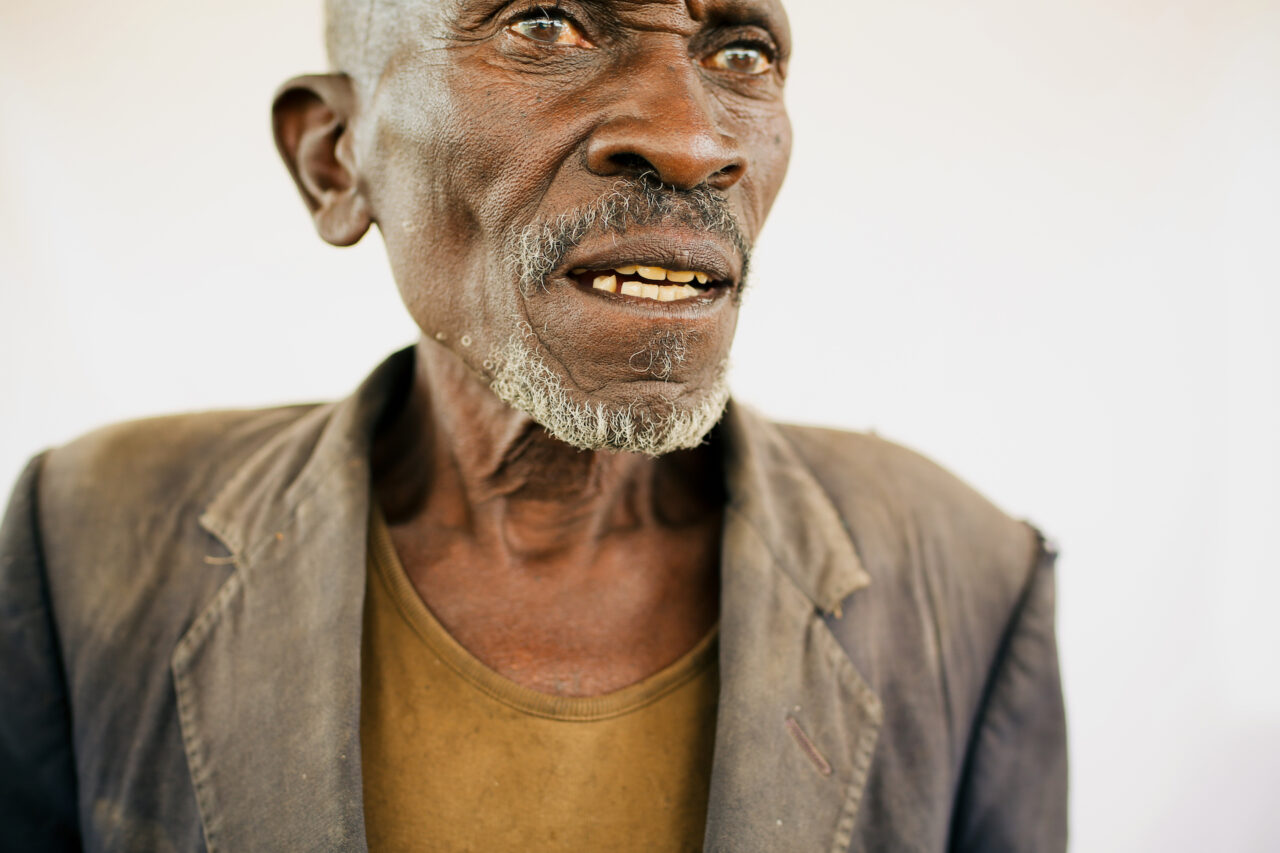
Shortly after the country’s independence in 1962, the coffee sector was privatized. But by 1972, the government had regained control over it. In 1993, the country’s first set of democractic elections took place and the first president was voted into power. Not long after that, the president was assassinated during an attempted coup d’état. The weeks that followed this were marked by civil war and violence; a rebel campaign encouraging farmers to rip out their coffee trees to destabilize the economy. Many people- both in the city and in the rural parts of the country- fled from their land, seeking safer regions elsewhere in Burundi or crossing the borders into neighboring Tanzania, Rwanda, and the Democratic Republic of Congo. Some stayed where they were the entire time.
Those who did eventually return often came back only to find that their land had been displaced or claimed by someone else. Since then, the coffee sector has slowly been returning to its previously privatized state.
“Although I started cultivating coffee by force, I didn’t stop when the Belgians left the country because I realized that what they had told us was true. I have seen the benefits of the coffee crop in my family’s life. When I’ve gotten money from coffee, I’ve paid for school fees, bought clothes, and paid my workers. I will cultivate coffee for the rest of my life.”
“I will cultivate coffee for the rest of my life.”
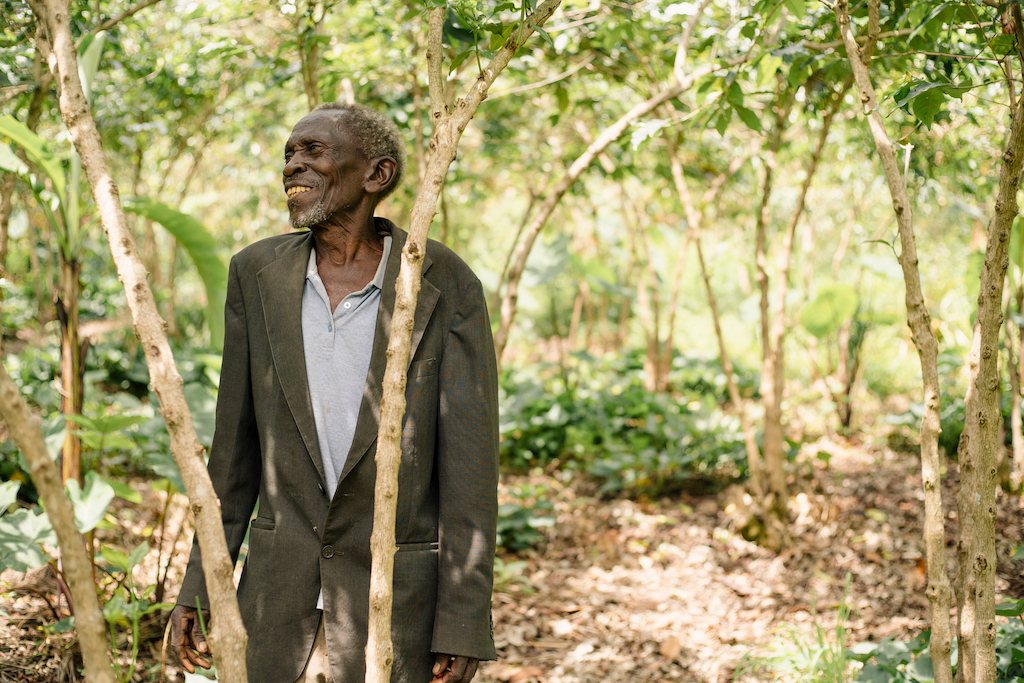
Not all farmers feel the same way as Charles does. Over the years, we’ve heard many reports from farmers that they’ve since ripped out the coffee trees from their farms and planted beans or potatoes instead. When your introduction to growing coffee was by force and its history stained by political instability and conflict, it’s understandably hard to be passionate about growing it.
But, the Long Miles Coffee Scouts are working to see this change.
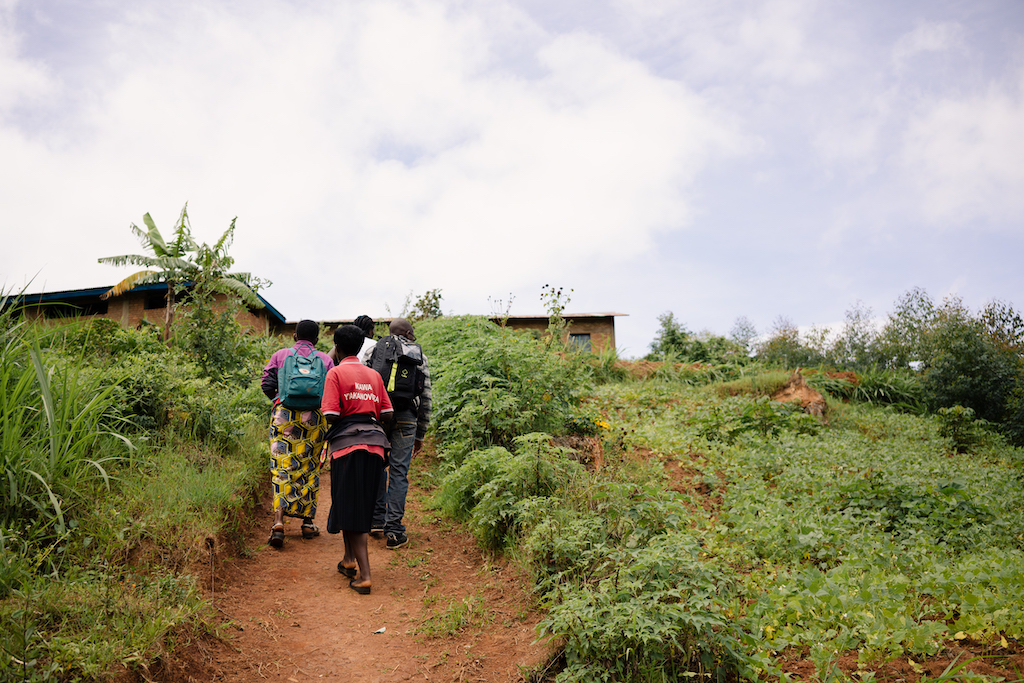
Together with Epa Ndikumana, Social and Environmental Impact Leader at Long Miles, the Coffee Scouts have formed Farmer Field Schools (FFS). Why? To equip any interested farmers with the resources, support, or encouragement that they need to continue growing coffee.
The only criteria for becoming a FFS team member is this: you must be a coffee farmer.
Before starting the first field school, the Coffee Scouts held a meeting on each of the hills that we collect coffee from, asking the coffee farming communities in these regions if they were interested in creating model coffee farms. Those who wanted to join were trained in best agricultural practices and every week since then have been meeting up on a host coffee farm.
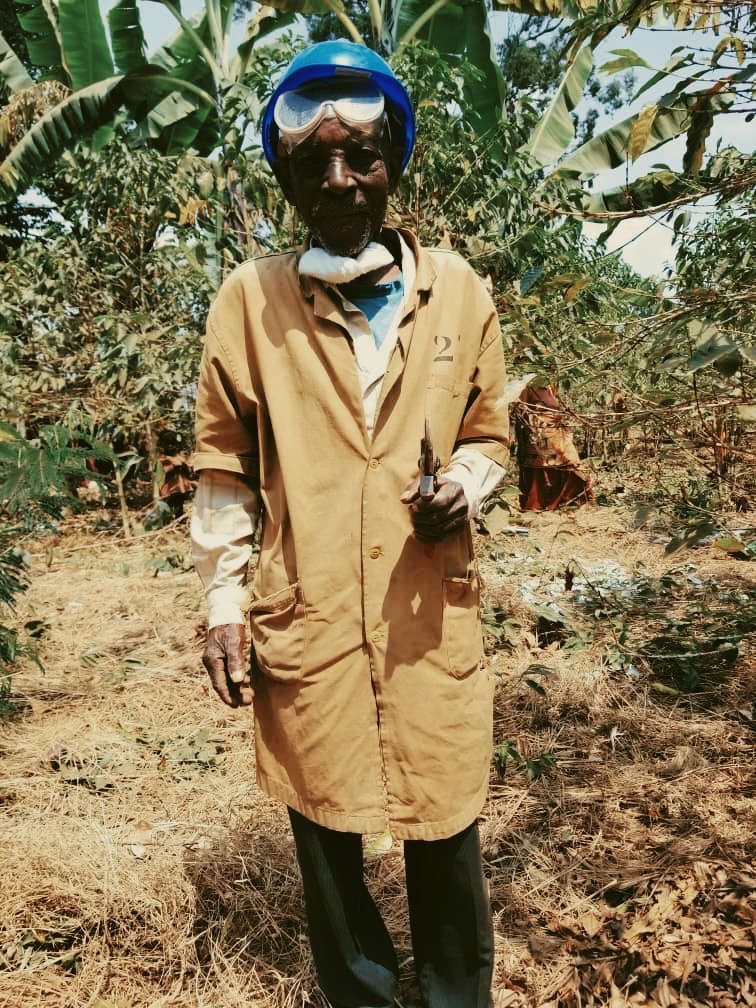
Together, they get stuck in helping with the farming activities that need to be done on the host farm that day: from planting to pruning, fertilizing, weeding, spraying, mulching, scouting for antestia bugs, and restoring soil health. It’s not just the Farmer Field School team members who can take part; anyone from the farming community can join them to observe, ask questions, share ideas, problem-solve, and learn from what’s happening on these host farms.
“I started growing coffee in 1995, but I only started pruning my trees five years ago when I heard about it from the Coffee Scouts. Pruning is very important! It has helped to increase the quantity of cherries my coffee trees produce. I’ve also heard that it increases the quality of the coffee, but I don’t know much about that. Pruning is also hard because you have to wait three years until the trees start producing cherries again.” – Odule Manirakiza, Bukeye FFS team member from Gaharo hill.
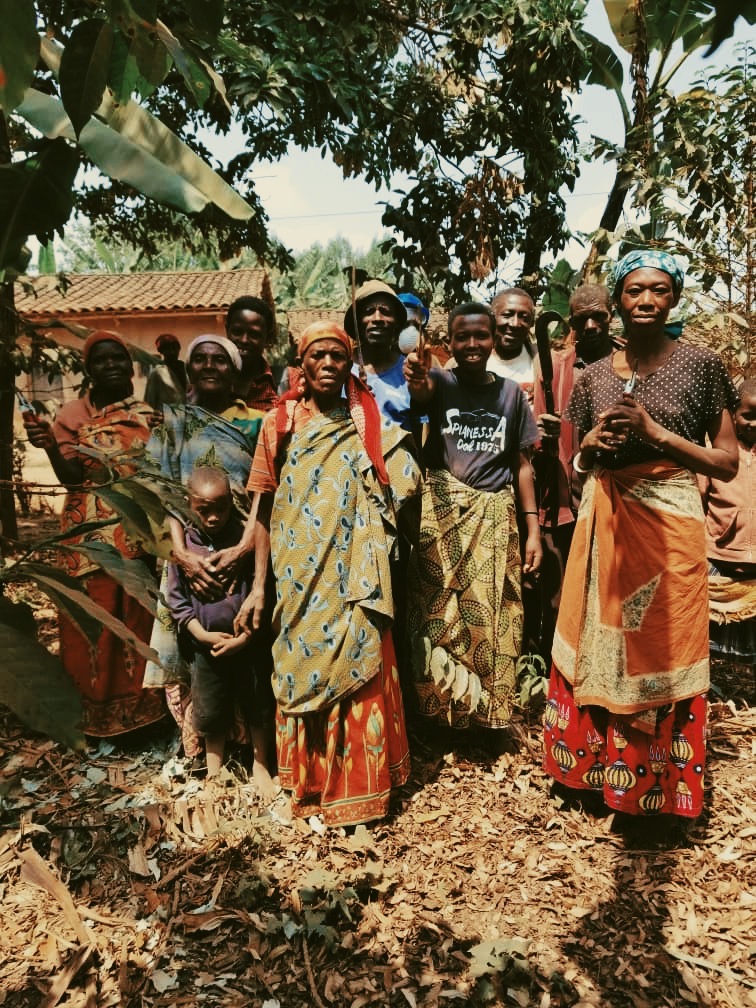
Since the first field school started back in 2015, the team members have planted coffee trees, nitrogen-fixing plants, green manures, a mix of indigenous plants, and shade trees on their farms. Between 2015-2017, the 287 FFS members spread between Bukeye and Heza Washing Station have doubled their yield of coffee cherry production. The Bukeye FFS team members have seen an increase in yield of coffee cherry from 1kg to 2.1kg per tree, while the Heza FFS team members have seen an increase from 1.5kg to 3kg per tree.
Unfortunately, in 2019, there was a noticeable decline in the FFS team members’ cherry production due to the limited access to fertilizer in the country, and the compounding effect of climate change.
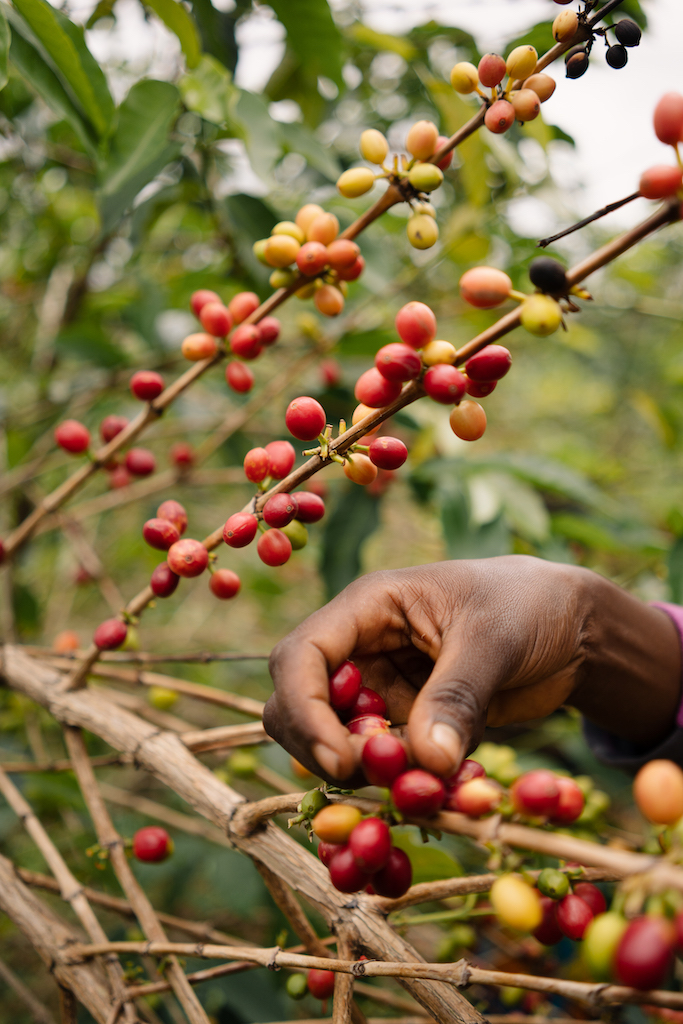
During the peak of coffee harvest in Burundi, the FFS team members usually only meet once a week on a host farm to learn how to selectively hand-pick, float, and sort coffee cherries at home before delivering them to the nearest Long Miles Washing Station. In 2020, it was observed that because most of the FFS team members had developed these practices, they didn’t need to spend any unnecessary time at our washing stations re-sorting their cherries for quality.
Up until now, these FFS lots have been processed together with the ~5,500 farming families who deliver to our Long Miles Washing Stations. 2020 was the first year that we’ve collected and processed FFS lots separately to see if the team members’ training and collective efforts have also made a difference in the quality of their coffee on the cupping table.
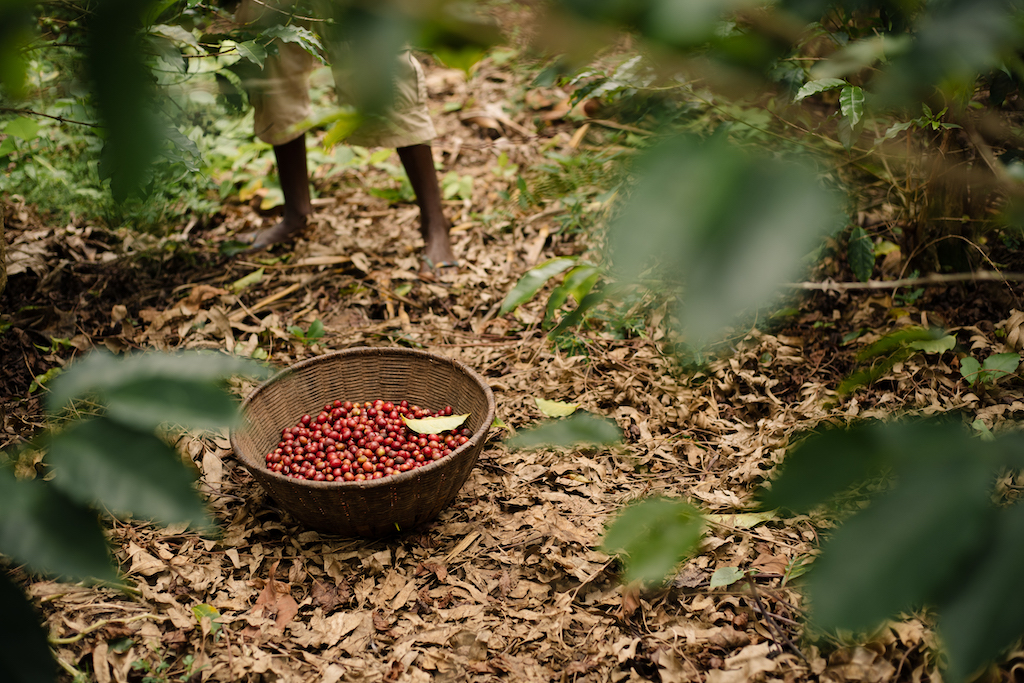
According to our quality assurance team, at 86.5, the average cup score for FFS lots was almost exactly the same as the average cup score for non-FFS lots. A statistic that stood out as markedly different, however, was the percentage of lots that were not deemed to be micro-lot quality. When our team scores day lots, they need to make a fairly quick assessment of a large number of coffees. For our purposes, the most important quality cutoff point is 86. Coffees that score below 86 points get blended into our “Hills” lots. Coffees that score above 86 get sold as micro-lot quality. Of the non-FFS lots produced in 2020, ~19% did not meet our quality standards to be sold as micro-lot quality coffee. For FFS lots, however, this number was only ~17%. While two percent is small, it is not statistically insignificant as it represents hundreds of pounds of finished green coffee.
However, if we were to focus solely on the improvement of a coffee’s cup score as the main outcome of FFS, we would fall short of the very reason for its existence. Farmer Field School is not just about growing quality Burundi coffee; it’s about the practice of showing up every week. It’s a commitment from farmers to learn from, listen to, and exchange ideas with each other on which farming practices are most effective. It’s about asking questions like, “Have the farming practices we use made a notable impact on the productivity of our coffee trees; on the biodiversity of our coffee farms; on soil health?”
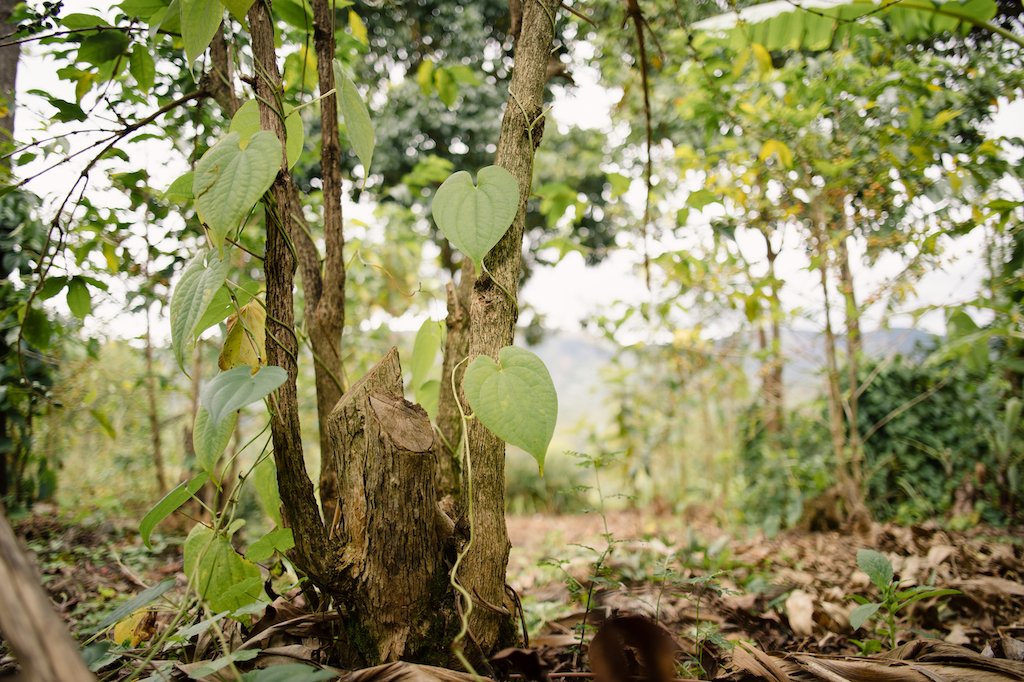
Although the idea of running a Farmer Field School was initiated by Epa and facilitated by the Coffee Scouts, the farmers involved have taken full ownership of the field school and its activities.
“In 2017, I stumped all of the coffee trees on my farm. Then, in 2020, I harvested double the yield of cherry that I used to get before pruning. The Coffee Scouts have helped me to understand the different ways of taking care of my coffee farms. I remember the first time they told me to stump my coffee trees, because they are old. In my heart I was thinking, “These young people don’t know what they’re saying. Cutting down coffee trees? No way!” But now, I’m encouraging other farmers to do the same thing.” – Firmin Niyibizi, Bukeye FFS team member from Gaharo hill.
In my heart I was thinking, “These young people don’t know what they’re saying. Cutting down coffee trees? No way!”
Farmer Field School has encouraged these communities to continue growing coffee; to not give up hope despite the incredible challenges that they have faced in the past and may continue to face in the future. It has also empowered the communities of coffee farmers we partner with to work together in teams rather than in isolation; to continue to share ideas and use the farming practices that are most effective in improving the productivity of Burundi coffee.


Pingback: A year in the life of Long Miles Coffee in Burundi | Long Miles Coffee Project